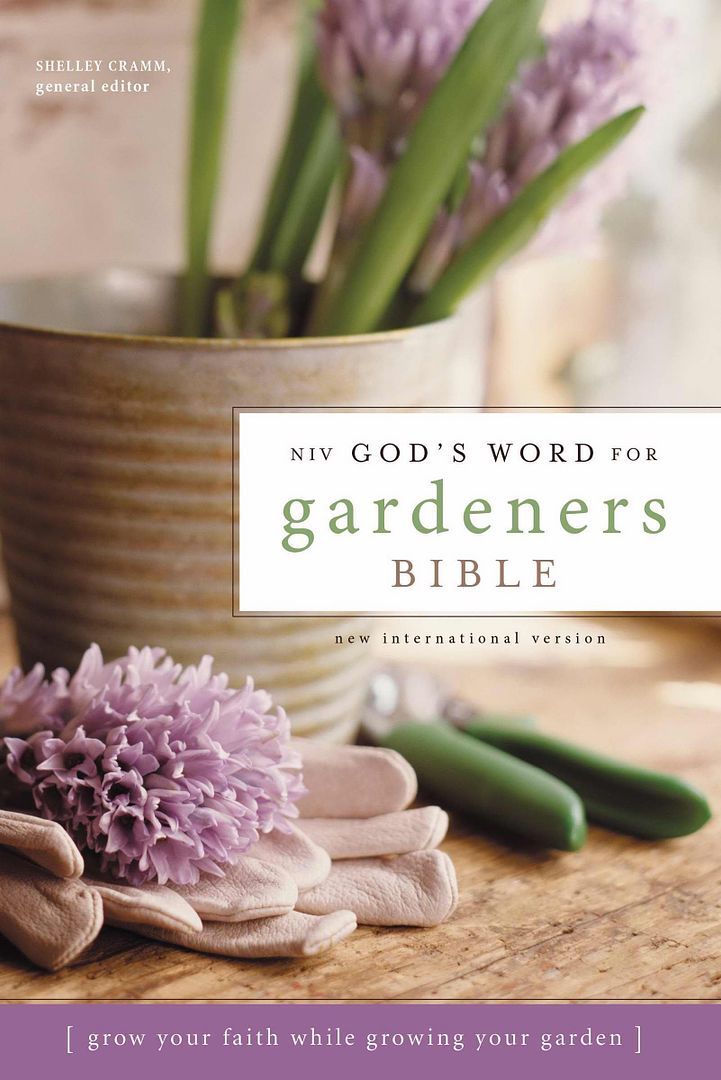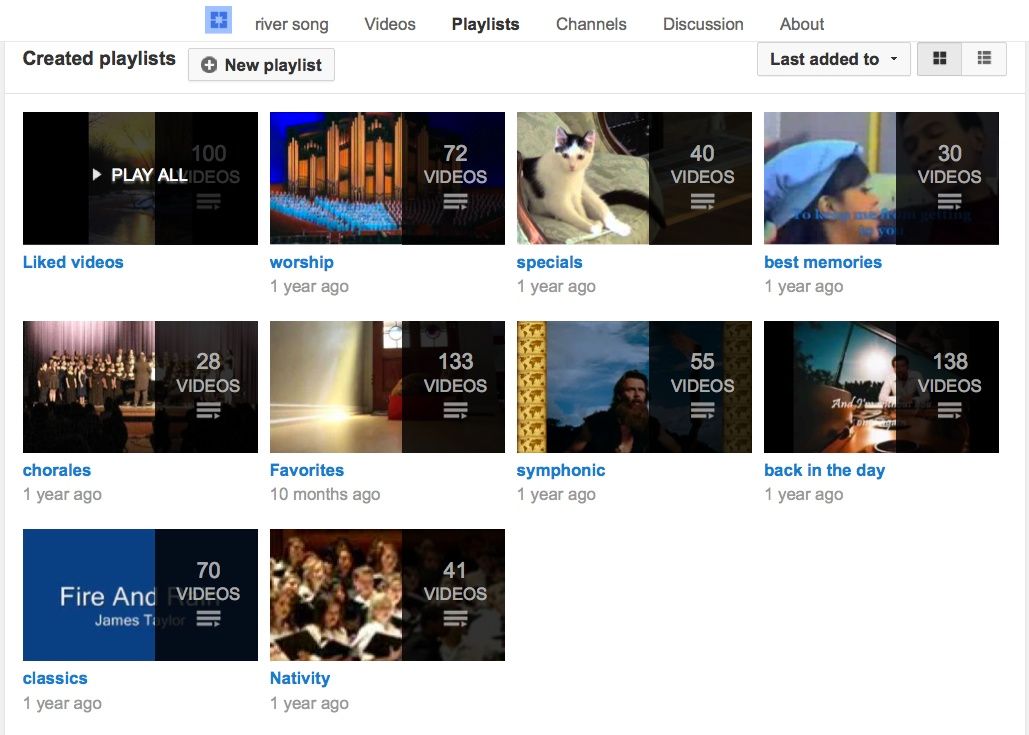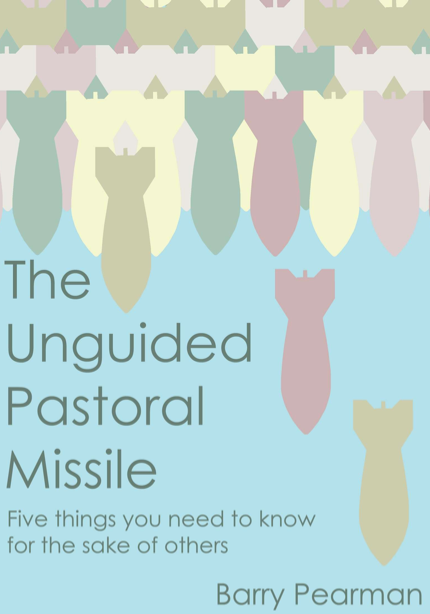 When Amazon Vine offered me a review copy of this bible with devotions and commentary centered on garden, ground, soil, weather, and seasons, I sprung for it! I'm not a gardener, but I've known some gifted ones; what's more, I write a lot of theology with an ecological focus on creation—earth, sky, sun, land, sacraments.
When Amazon Vine offered me a review copy of this bible with devotions and commentary centered on garden, ground, soil, weather, and seasons, I sprung for it! I'm not a gardener, but I've known some gifted ones; what's more, I write a lot of theology with an ecological focus on creation—earth, sky, sun, land, sacraments. Book description and other reviewers have outlined a lot of the content, so I don't need to duplicate what they've said. Although I didn't intend to reread much of the scriptural text before writing my review, I did want to read enough of the notes and devotions to get a sense of the general style. I found myself turning to the next section, the next one, and the next one; I also started making fairly extensive notes I plan to keep in a separate notebook. I love the more scientific botanical descriptions of geography and plant life alongside the plainer ones a typical non-gardener like myself easily can understand. The book's arrangement lets you read the scriptural account and discover plant and geography facts on nearby pages.
This isn't quite a study bible in the usual sense of the word, but with the other enthusiastic reviewers, I agree it is amazing, and I know I will keep on enjoying the devotional pieces by Shelley Cramm (by others, too?), as I continue growing my knowledge of the land where the story of salvation began, the bountiful yet fragile land that remains one of God's promises and commandments to the people of God, the stuff of divine self-revelation and gift in the sacraments. I expect this Gardener's Bible also will become a regular reference book.
Regarding format, having some awareness of the price of paper, printing, and ink, and also realizing most people want a reasonably lightweight bible they easily can carry to church, to a study group, to the park, or to a retreat, I appreciate that this Gardener's Bible isn't too bulky, but still would have preferred better quality paper (not necessarily India) and slightly larger type (not necessarily large or giant), even whilst keeping only the single green color in addition to basic black. Along similar lines, more openness and space on non-scripture pages would have been nice, and would have added only minimally to the heft or price. And the cover is simply beautiful! It's the kind of book you want to place atop all the others!
my amazon review: a beautiful bible for those who love the land!





